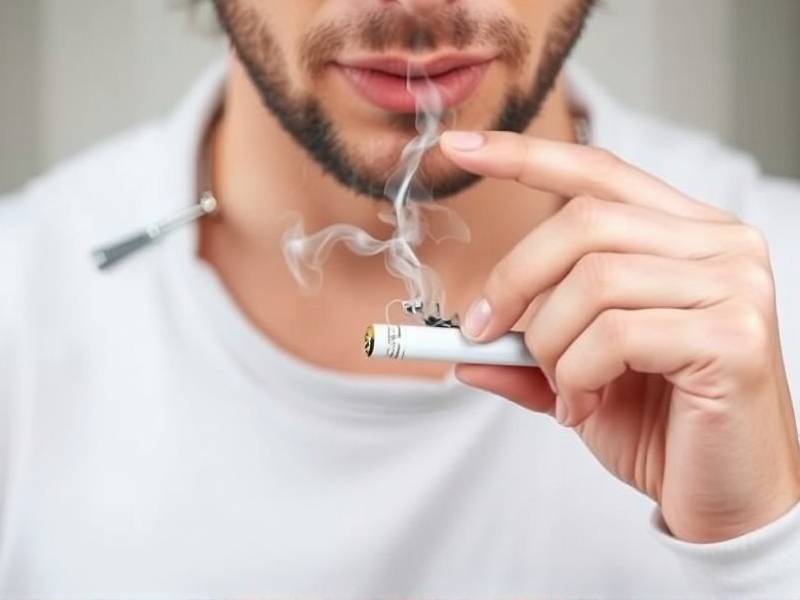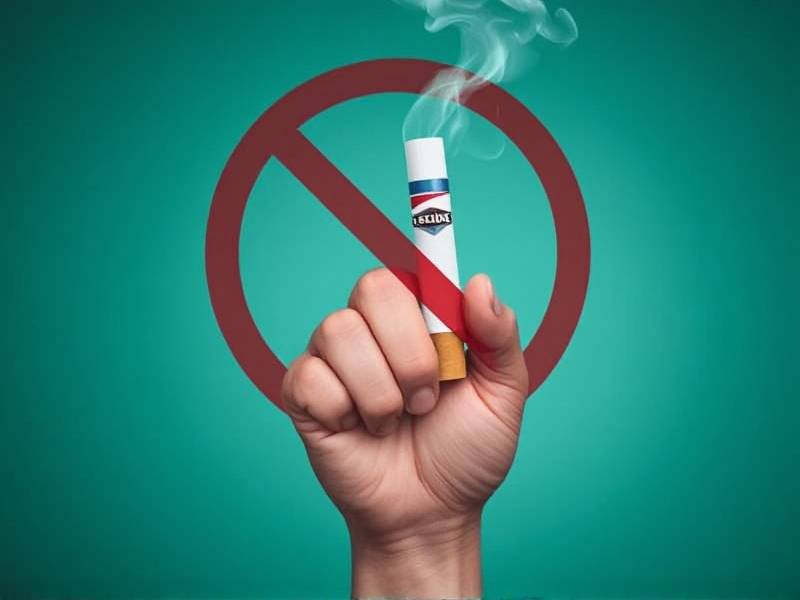How Long Do You Need to Quit Smoking Before Sleeve Surgery?
The Timeline for Smoking Cessation Before Sleeve Surgery: What You Need to Know
Introduction: Sleeve surgery, also known as vertical sleeve gastrectomy, is a popular weight loss surgery that has helped countless individuals achieve their weight loss goals. However, one crucial factor that must be considered before undergoing this procedure is the cessation of smoking. This article will delve into how long you need to quit smoking before sleeve surgery and the importance of this timeline.
-
Understanding the Risks of Smoking and Surgery Smoking is a significant risk factor for surgical complications, including infection, poor healing, and increased blood loss. These risks are even more pronounced in individuals undergoing bariatric surgery like sleeve surgery. Therefore, quitting smoking before surgery is essential to ensure a safe and successful outcome.

-
The Timeline for Smoking Cessation According to guidelines from the American Society for Metabolic and Bariatric Surgery (ASMBS), patients should quit smoking at least 30 days before sleeve surgery. This timeline allows the body to start healing from the effects of nicotine and reduces the risk of complications during and after surgery.
-
The Benefits of Quitting Smoking Early By quitting smoking at least 30 days before sleeve surgery, patients can experience several benefits:
a) Reduced Risk of Complications: As mentioned earlier, quitting smoking helps reduce the risk of surgical complications such as infections and poor healing. b) Improved Postoperative Recovery: A smoke-free body can heal faster and with fewer complications. c) Enhanced Weight Loss Results: Some studies have shown that smokers may experience slower weight loss compared to non-smokers after sleeve surgery.

- Strategies for Quitting Smoking Quitting smoking can be challenging, but there are several strategies that can help:
a) Seek Professional Help: Consult with a healthcare professional or a certified tobacco cessation counselor who can provide personalized advice and support. b) Nicotine Replacement Therapy (NRT): Consider using NRT products such as gum, patches, or lozenges to help manage withdrawal symptoms. c) Behavioral Changes: Replace smoking habits with healthier alternatives like exercise or hobbies. d) Support System: Surround yourself with friends, family, or support groups who can encourage you throughout your quit journey.
- Monitoring Your Progress It's important to monitor your progress after quitting smoking. Keep track of any withdrawal symptoms you may experience and seek support when needed. Celebrate milestones along the way to stay motivated.
Conclusion: Quitting smoking before sleeve surgery is crucial for reducing complications and improving overall outcomes. By adhering to a timeline of at least 30 days before surgery, patients can give their bodies enough time to heal from nicotine's effects. With proper support and strategies in place, overcoming tobacco addiction becomes more manageable on the path towards a healthier lifestyle post-surgery.
